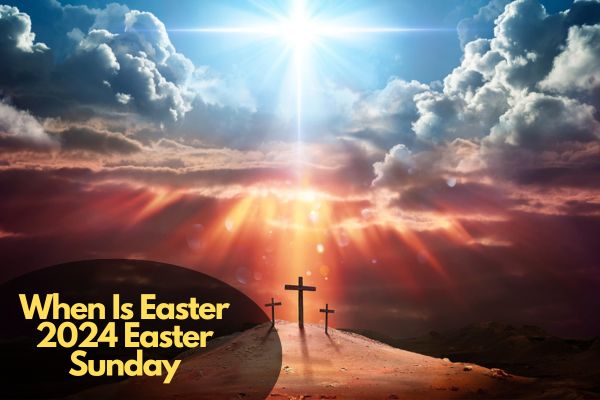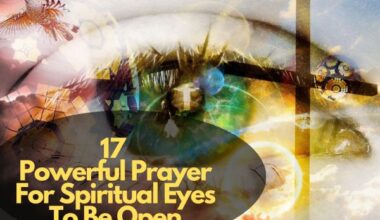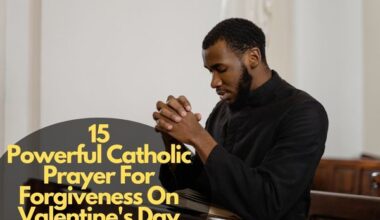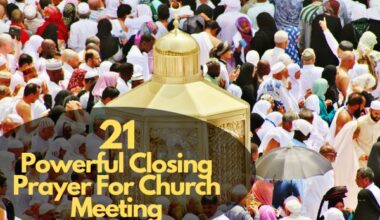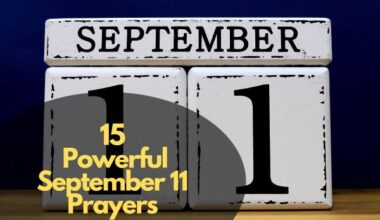Table of Contents Show
Easter Sunday is a significant and joyous holiday in the Christian calendar that commemorates Jesus Christ’s resurrection from the dead. Easter’s date varies depending on the year. This year’s Ash Wednesday falls on February 14th, 46 days before Easter. Ash Wednesday is usually held between mid-February and the beginning of March each year, depending on when Easter Sunday falls.
When Is 2024 Easter Sunday
This year, Easter Sunday will be observed on March 31. This is based on the Gregorian calendar. However, many Eastern Orthodox churches use the Julian calendar instead of the Gregorian. Eastern Orthodox Easter 2024 will take place on Sunday, May 5 (the Julian calendar date translated to the Gregorian calendar).
Easter is a “movable feast,” which means it does not occur on the same date each year. It always falls on a Sunday between March 22 and April 25 in the Gregorian calendar. The Eastern Orthodox Church, on the other hand, celebrates Easter between April 4 and May 8.
What is Easter?
Easter is the holiest day in the Christian calendar. It upholds the most fundamental element of the Christian faith: that Jesus Christ was raised from the dead. The resurrection symbolizes the triumph of goodness over evil, sin, death, and the physical body.
Easter Sunday symbolizes the end of Holy Week, the end of Lent, and the final day of the Easter Triduum (which runs from the evening of Maundy Thursday through Good Friday, Holy Saturday, and Easter Sunday), as well as the start of the liturgical Easter season.
Where Did the Word “Easter” Come from?
Easter, also known as Pascha or Resurrection Sunday, is a celebration and holiday commemorating Jesus’ resurrection from the dead.
Let’s start with Pascha (Latin), which is derived directly from Pesach, the Hebrew term for Passover. Returning to the Hebrew Bible and the tale of the first Passover, Moses instructs the Israelites to slaughter a Passover lamb and paint its blood on their doors. The Lord saved the Israelites from death by passing over their doors and refusing to “allow the destroyer to enter your houses and strike you down” (Ex. 12:23).
In the New Testament, Paul relates the resurrection of Christ to Passover (1 Corinthians 5:7). He refers to Jesus as the Paschal Lamb, sacrificed for his people’s salvation. Jesus had the Last Supper with his disciples during Passover, therefore it makes sense that the Feast of the Resurrection is linked to the Jewish holiday.
So, where does the word “Easter” come from? The exact origin of the word “Easter” is unknown. It’s not as simple as claiming it has religious or pagan beginnings.
Some historians believe it was derived from the Latin phrase hebdomada alba, which means “white week,” and was used to describe the white robes that new Christians wore when baptism during Holy Week. In Old German, the word became rostrum, and then Easter.
According to the Venerable Bede, a seventh-century Anglo-Saxon historian also known as Saint Bede, the name Easter derives from Eostre, the Anglo-Saxon dawn goddess of fertility who originated in what is now Scandinavia. Over time, early Christians began to refer to the Feast of the Resurrection by the month in which it was observed—Eosturmonath (what we now call April).
Easter could also have arisen from an old German term for “east,” which is derived from a Latin word for “dawn.” Historically, the word easter might imply “to turn toward the east” or “rising” without any religious connotations. No one understands the exact etymology of the term “Easter.” It is among the oldest Old English words.
It makes little difference whether Easter is named after the goddess of light or the Latin term for dawn. Easter is a Christian event that commemorates Christ’s resurrection and serves as a reminder that death leads to life.
Conclusion
Easter Sunday in 2024 is awaited with great excitement and devotion by Christians throughout the world. As believers assemble to celebrate Jesus Christ’s resurrection, they will rejoice on April 7th, 2024, because Easter Sunday falls on this day. This festive occasion has a profound spiritual significance, representing the triumph of life over death and hope over despair.
On Easter Sunday, believers follow a variety of rituals, such as attending church services, eating festive meals, and exchanging “Happy Easter” wishes. It is a time of joy, camaraderie, and rebirth as the Christian community commemorates the major event of their faith.
As Easter Sunday arrives in 2024, let us embrace the hope and joy that comes with honouring Jesus Christ’s resurrection and the promise of eternal life. This Easter Sunday, may we reflect, be grateful, and grow our faith as we remember Jesus’ amazing love and sacrifice.


